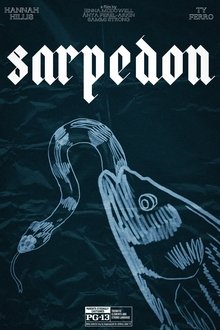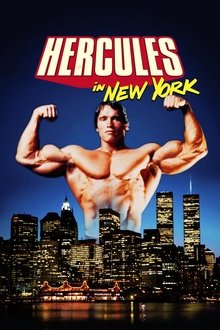In a montage alternating with moments of Nigel Rogers' interpretation of the most beautiful passages from "Orpheus," the opera by Striggio and Monteverdi, La Nuit Claire is an evocation of the celebrated myth, within which images of the love between its two modern protagonists, Anne and Julien, are inscribed. - BAM/PFA
Related Movies
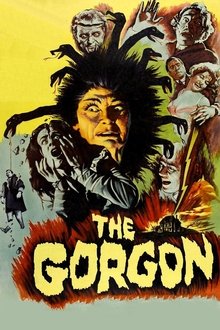
The Gorgon (1964)
In the early 20th century a village experienced a series of inexplicable murders. All the victims were young men who had been turned to stone. The perpetrator of these deaths was a being so repulsive that she transformed the onlooker using the power of her deadly stare. Much of the time the creature took the form of a beautiful and seductive woman, but during periods of the full moon she becomes a living horror, vicious and deadly. A professor has come to investigate the deaths, bringing with him his beautiful assistant whose knowledge of the Gorgon is more intimate than anyone would ever realise.
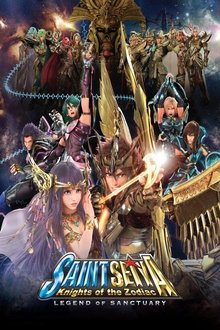
Saint Seiya: Legend of Sanctuary (2014)
Mitsumasa Kido discovers a misterious baby in the himalayas whom he adopts as his grandaughter. 16 years later, Saori Kido is a young girl troubled by her mysterious powers. She is saved by Seiya from an assassin sent to kill her. Saori then learns she is the reincarnation of the Goddess Athena with Seiya being one of her Saints sworn to protect her. Upon learning of her destiny, she heads to the Sanctuary to rebel against the Pope's murderous plot.
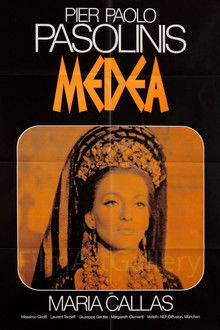
Medea (1969)
Based on the plot of Euripides' Medea. Medea centers on the barbarian protagonist as she finds her position in the Greek world threatened, and the revenge she takes against her husband Jason who has betrayed her for another woman.
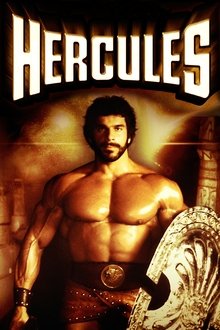
Hercules (1983)
Hercules, a semi-divine being, squares off against King Minos, who is attempting to use science to gain power and take over the world. With the help of a benevolent sorceress, Circe, Hercules tries to save his beloved Cassiopeia from being sacrificed by Minos, and struggles against laser-breathing creatures and an evil sorceress.
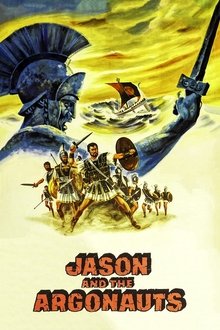
Jason and the Argonauts (1963)
Jason, a fearless sailor and explorer, returns to his home land of Thessaly after a long voyage to claim his rightful throne. He learns, however, that he must first find the magical Golden Fleece. To do so, he must embark on an epic quest fraught with fantastic monsters and terrible perils.
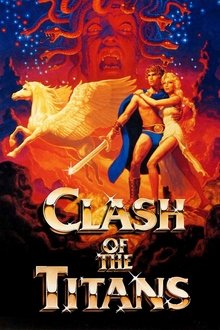
Clash of the Titans (1981)
To win the right to marry his love, the beautiful princess Andromeda, and fulfil his destiny, half-God-half-mortal Perseus must complete various tasks including taming Pegasus, capturing Medusa's head and battling the feared Kraken.
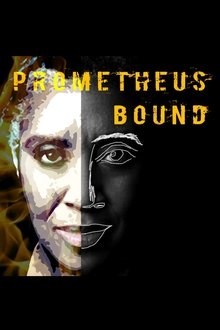
Prometheus Bound (2021)
The Titan Prometheus is punished by Zeus for attempting to steal fire for humankind.

Hadestown (NaN)
In a post-apocalyptic world inspired by New Orleans, the tragic love of Orpheus and Eurydice is intertwined with the complex relationship of Hades and Persephone. Eurydice, struggling with poverty, is lured to the industrial underworld of Hadestown by Hades, while Orpheus, a struggling musician, ventures down below to bring her back.
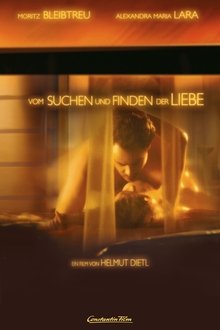
About the Looking for and the Finding of Love (2005)
Director helmut Dietls and Patric Susskinds illustrate a legendary story of two lovers who cant keep themselves away from death.
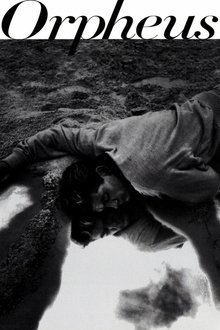
Orpheus (1950)
A famous poet in postwar Paris, scorned by the Left Bank youth, is in love with both his wife Eurydice and a mysterious princess. Seeking inspiration, the poet becomes obsessed and follows the princess from the world of the living to the land of the dead.
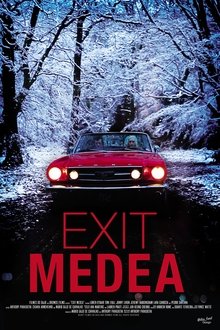
EXIT MEDEA (2025)
Torn between loyalty to her family, and her love for Jason, Medea attacks her father and flees with Jason to unknown lands. Her brother pursues them. When Jason betrays and abandons her, she is driven to the ultimate act of vengeful destruction.
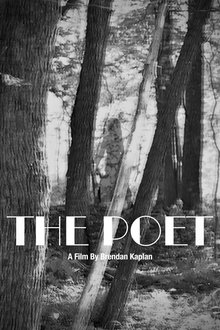
The Poet (2023)
A modernized telling of the Greek Mythology romantic tragedy of Orpheus and Eurydice.
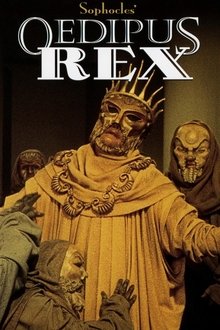
Oedipus Rex (1957)
The story of Oedipus' gradual discovery of his primal crime, killing his father and marrying his mother, filmed by the famed British theatrical director Sir Tyrone Guthrie. This elegant version of Sophocles' play adds a brilliant stroke: the actors wear masks just as the Greeks did in the playwright's day.
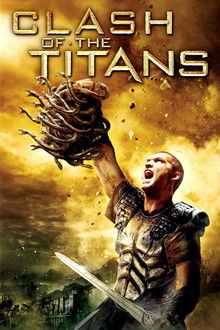
Clash of the Titans (2010)
Born of a god but raised as a man, Perseus is helpless to save his family from Hades, vengeful god of the underworld. With nothing to lose, Perseus volunteers to lead a dangerous mission to defeat Hades before he can seize power from Zeus and unleash hell on earth. Battling unholy demons and fearsome beasts, Perseus and his warriors will only survive if Perseus accepts his power as a god, defies fate and creates his own destiny.
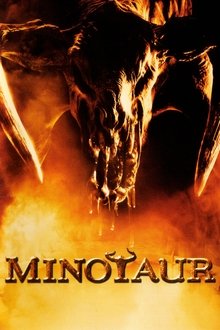
Minotaur (2006)
Long ago in the Iron Age, a shadow loomed over a lonely village. For generations, the village youths are stolen from their families and delivered as sacrifice to a mythical beast - the Minotaur, that dwells beneath a great palace. Theo, haunted by the loss of his love in an earlier sacrifice is convinced that the beast isn't real and that his girl still lives as a slave within the palace.
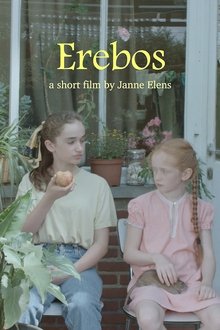
Erebos (2017)
Two nieces, Tilda and Harriët, meet again after a long time. But now, a rat named Erebos has come between them.
